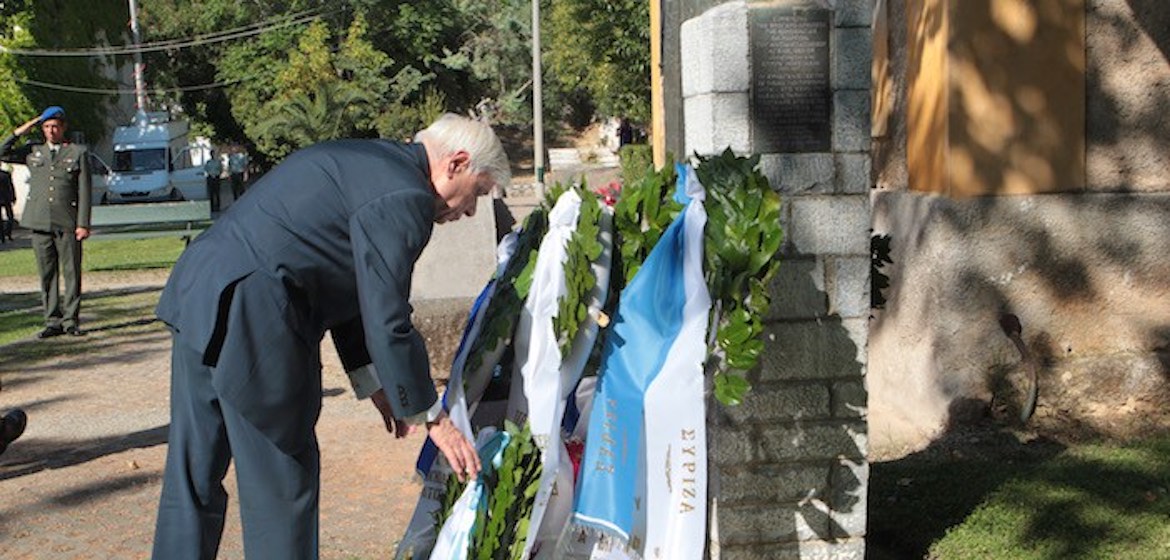The Greek military junta of was a series of right-wing military groups that ruled Greece for seven years following a colonel-led coup d’état on April 21, 1967.
Commonly known as the “Regime of the Colonels,” or simply as “The Junta” in Greece, the dictatorship ended July 24, 1974.
The United States was heavily involved in supporting the right-wing juntas in Greece, as American leaders were seeking to preserve geo-political importance in the Eastern Mediterranean during the height of the Cold War.
Although the U.S. intervention was largely ignored or often suppressed, numerous books were written during the period after the fall of the Greek dictatorship, including Hostage to History by Christopher Hitchens, who outlined then Secretary of State Henry Kissinger’s involvement in the junta via the Turkish invasion of Cyprus in 1974.
As President, Bill Clinton was the first to openly accept and acknowledge his country’s dubious role during those dark years in Greece.
During his speech to Athens business leaders in November, 1999, Clinton recognized the U.S. government’s support of the junta, stating that Washington’s Cold War concerns obscured a moral obligation to oppose a dictatorship.
“When the junta took over in 1967 [in Greece], the United States allowed its interests in prosecuting the Cold War to prevail over its interests — I should say its obligation — to support democracy, which was, after all, the cause for which we fought the Cold War.”
Clinton added “It is important that we acknowledge that,” afterward gaining a burst of applause.

During its seven years in power, the junta jailed hundreds of thousands of Greeks for political reasons and forced tens of thousands into exile, including most of the country’s civilian political leadership: left, right and center.
According to testimony before the House Intelligence Committee, the junta contributed financially to Richard Nixon’s successful 1968 presidential campaign. Vice President Spiro T. Agnew, who was of Greek descent, angered many Greeks when he visited in 1971 and embraced the junta leaders, calling them the country’s best leaders since Pericles ruled ancient Athens.
Among the Greeks who fell victim to the junta’s repression were composer Mikis Theodorakis (best known for the “Zorba the Greek” film score), who was arrested and tortured, and actress Melina Mercouri, who fled to avoid arrest and was stripped of her Greek citizenship.
Former Greek Prime Minister George Papandreou, who was 14 at the time, also witnessed police arrest his father Andreas in 1967 as the colonels swept to power.
After his father’s release, Papandreou’s family went into exile later that year and returned only after the junta fell. Andreas later served as prime minister himself.
Papandreou was at Clinton’s 1999 speech in Athens and commended the president for his boldness in admitting the U.S. involvement during Greece’s junta years.
“Greeks have high esteem for America and its democratic values, so there’s always this feeling [about the junta years] of a friendship betrayed,” the American-educated foreign minister said at the time. “What Clinton did was a bold statement. I hope it will be received as a true desire for reconciliation of the past.”
“Five Years Under the Colonels” (Video)















